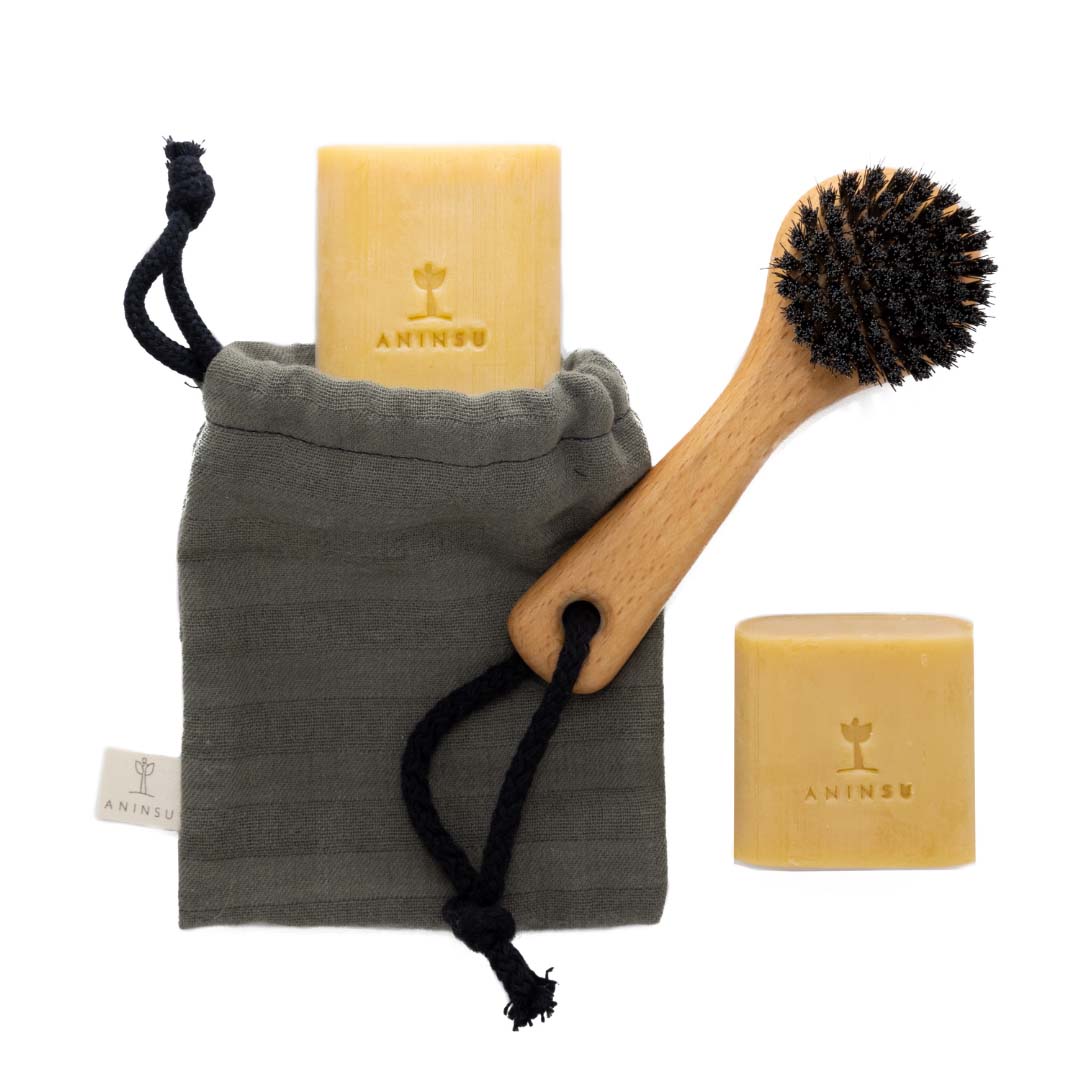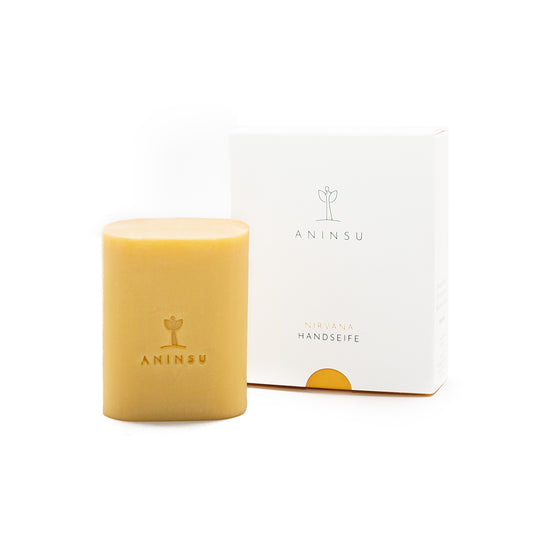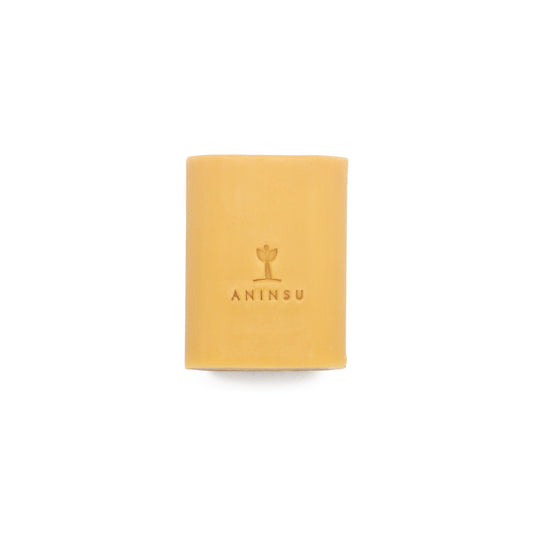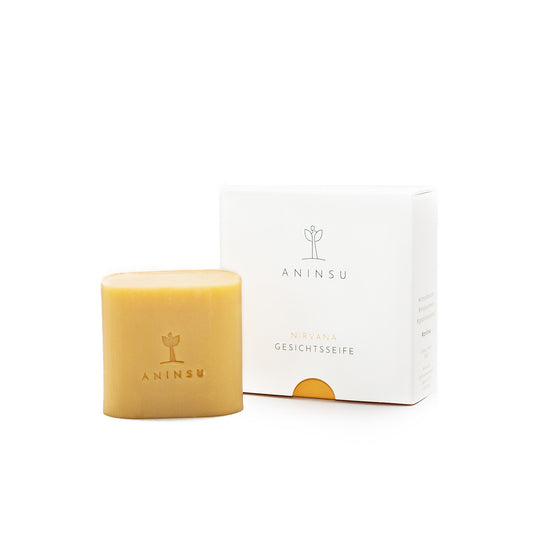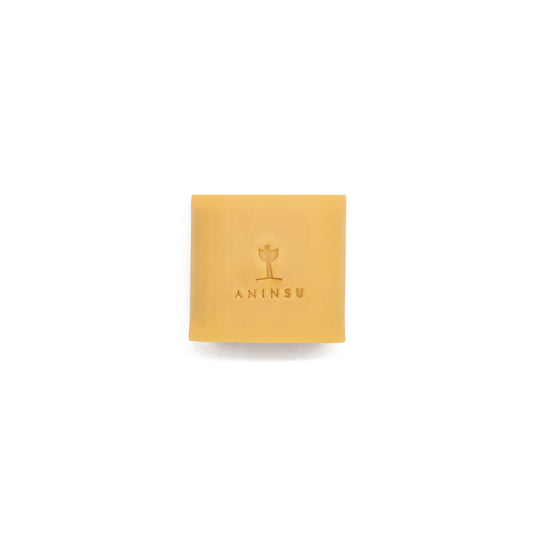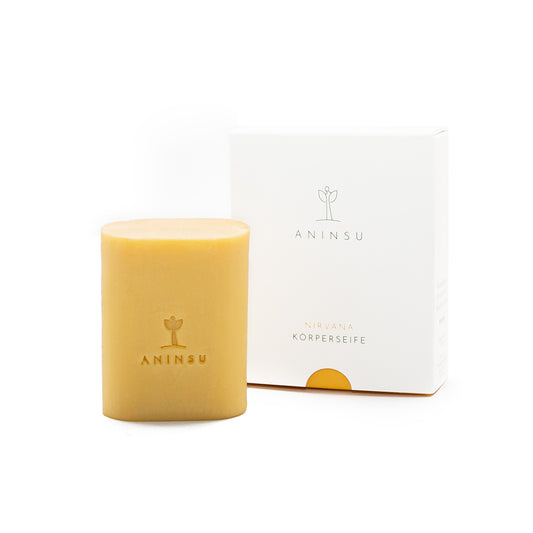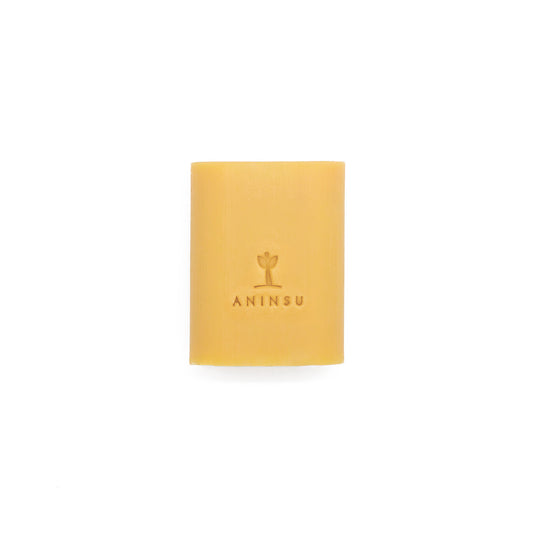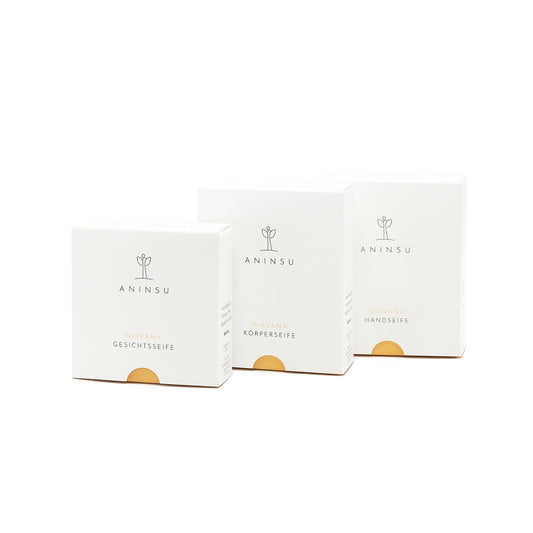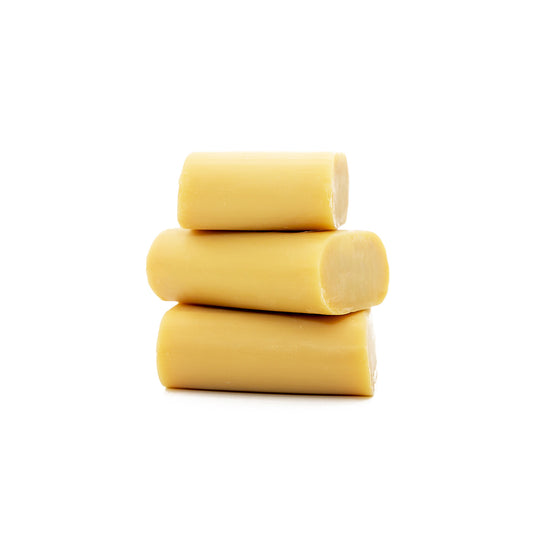More and more people are opting for a sustainable and ethical lifestyle these days and are therefore specifically looking for products that are advertised as either "natural" or "vegan". Although these terms are often mentioned in the same breath, they are not synonymous and can have different meanings.
Natural: inspired by nature?
The term "natural" is often used in the cosmetics industry to describe products that contain ingredients from nature. It suggests that these products are free from synthetic or artificial substances and instead contain herbal or mineral components. However, the use of the term "natural" is not uniformly regulated, which leaves room for interpretation. Some manufacturers use the term liberally, even if their products contain synthetic additives.
Vegan: free from animal ingredients
The term "vegan", on the other hand, refers to the fact that a product contains no animal ingredients or by-products and has been produced without animal testing. Veganism is an ethical way of life that aims to prevent the exploitation and abuse of animals. Therefore, vegan products are of particular interest to people who want to make animal-friendly choices. At the same time, many synthetic substances are vegan, so "vegan" does not necessarily mean "natural".
The dilemma: Natural products cannot always be vegan
Although "natural" is often associated with a healthy and environmentally friendly lifestyle, it does not necessarily mean that a product is also vegan. Some natural ingredients can be of animal origin, such as beeswax or honey. Therefore, products that are advertised as natural may still contain animal ingredients.
The solution: clear labeling and conscious consumption
To ensure that a product is both natural and vegan, it is important to check product labelling and certification. Consumers should look for official vegan seals and certificates awarded by recognised organisations. These guarantee that the product contains no animal ingredients and has not been tested on animals. In addition, consumers should prefer sustainable brands that communicate transparently about their ingredients and manufacturing processes.
The bottom line: creating awareness and making informed choices
For consumers pursuing a holistic and ethical lifestyle, it is important to distinguish between the terms "natural" and "vegan". Products may be made naturally but still contain animal ingredients. To ensure that a product meets one's ethical values as well as sustainability and environmental requirements, it is advisable to look for official vegan certifications and rely on transparent and credible manufacturers. By making conscious choices and educating themselves about ingredients, consumers can make a positive contribution to promoting an ethical and sustainable cosmetics industry.
